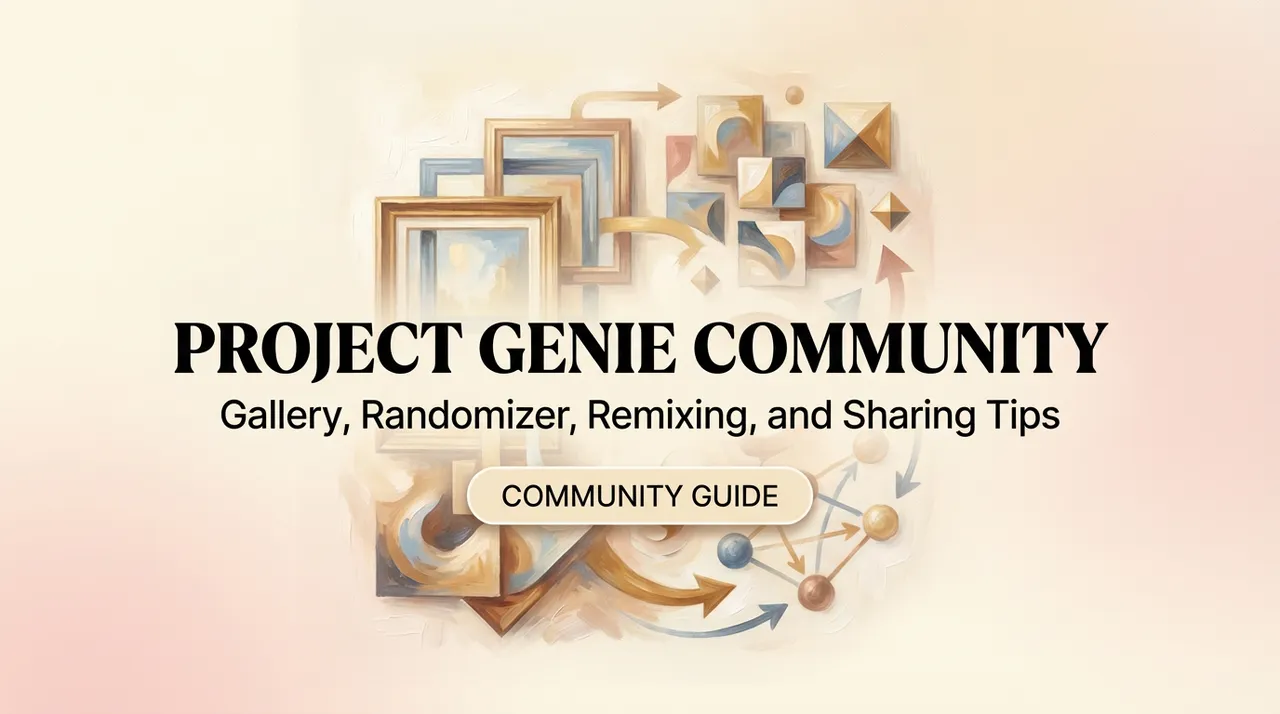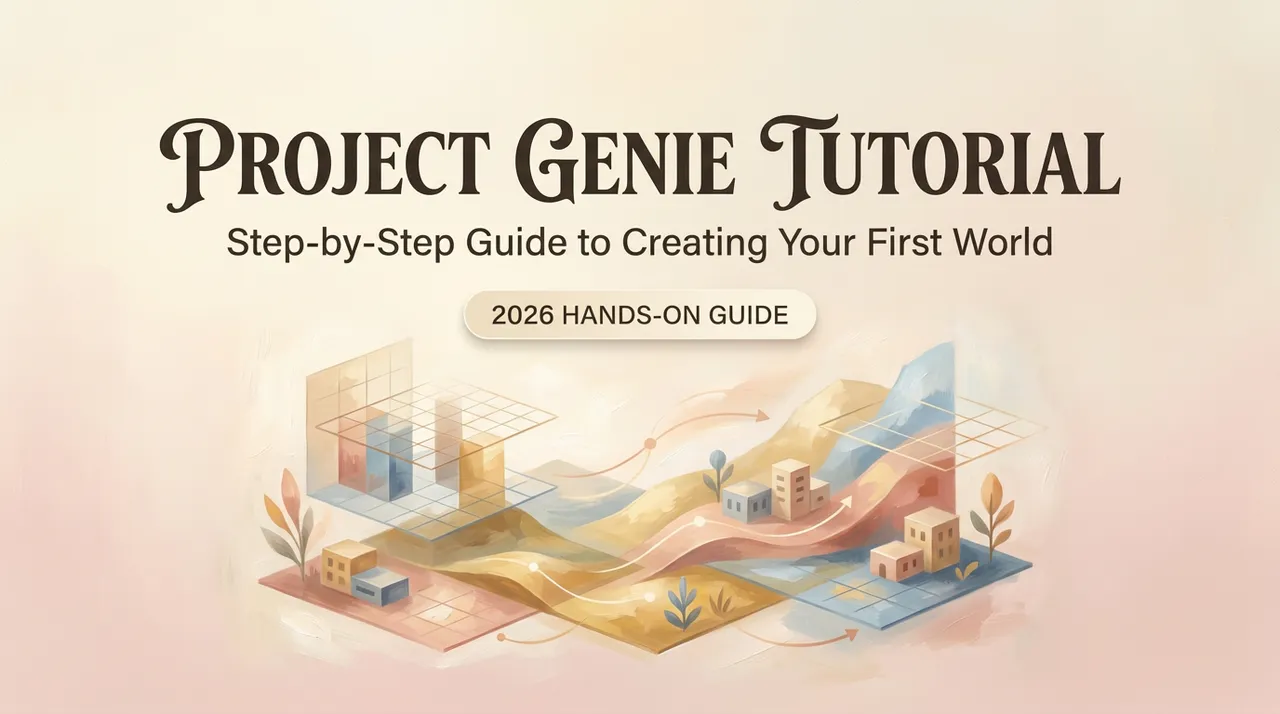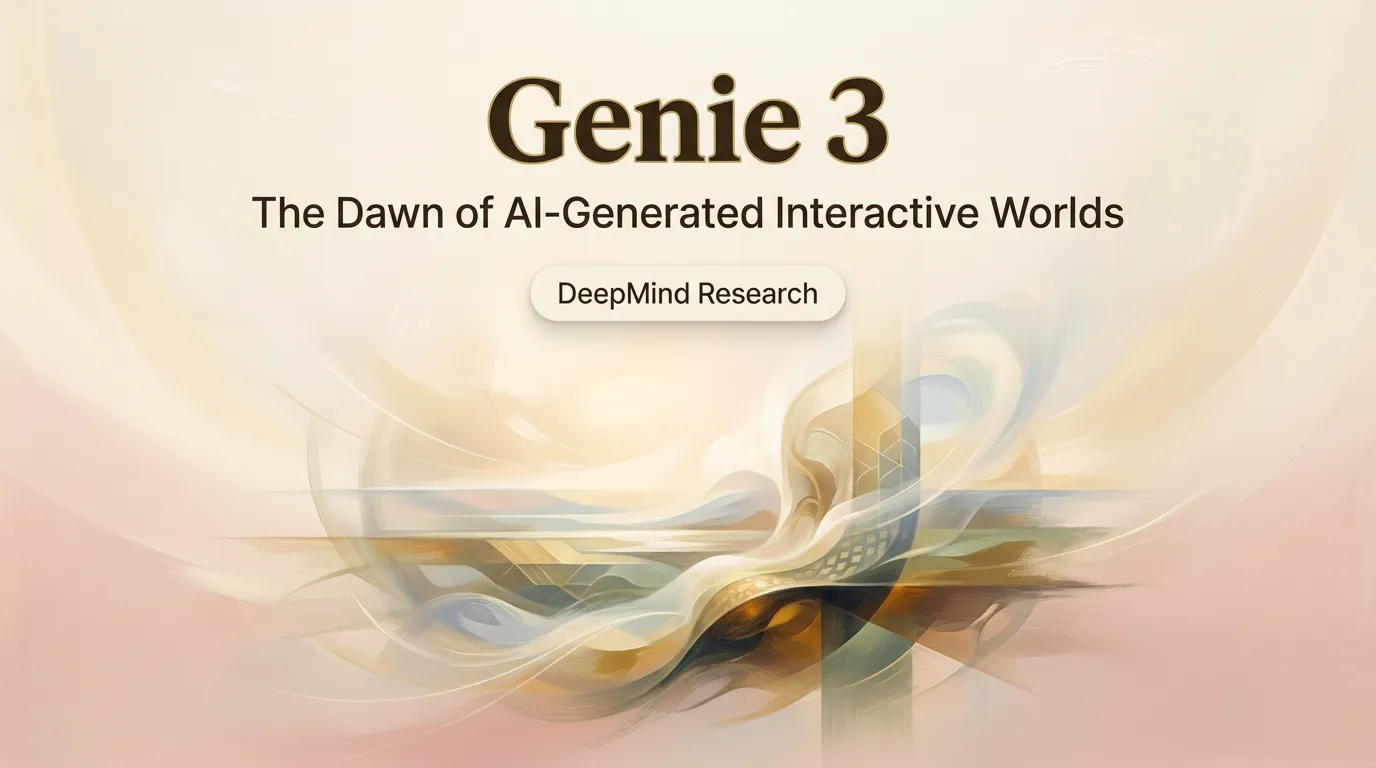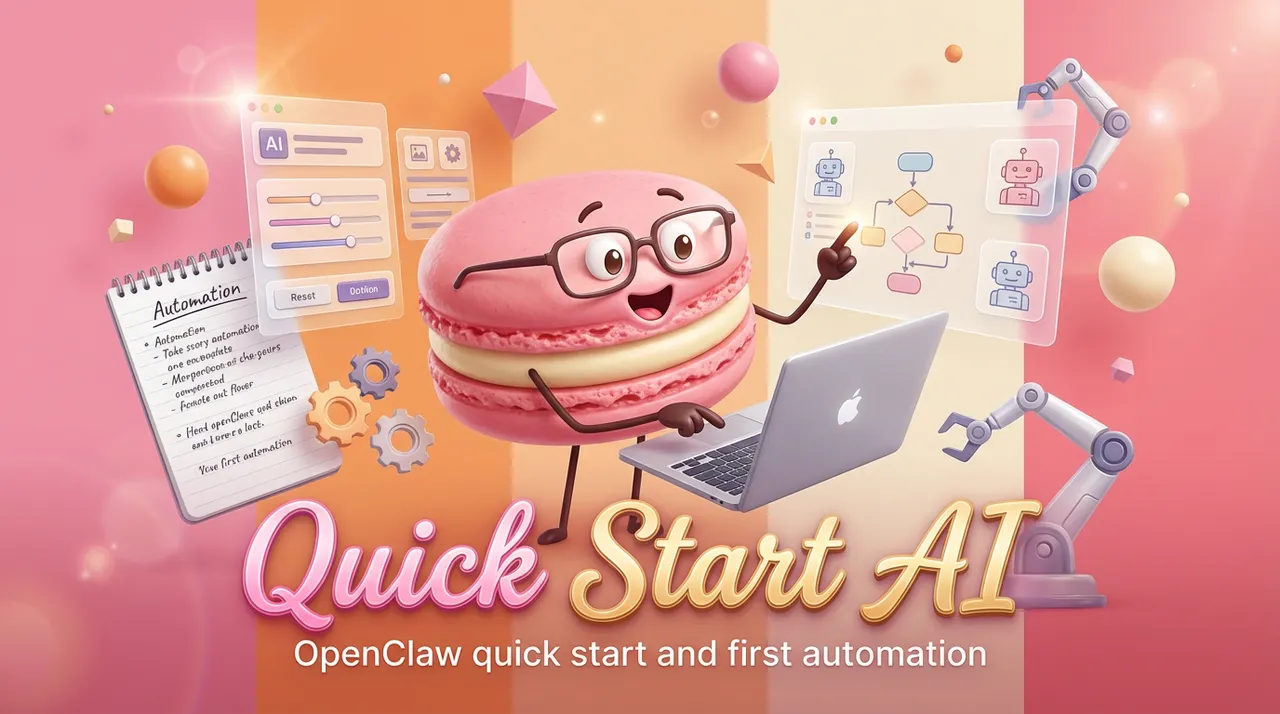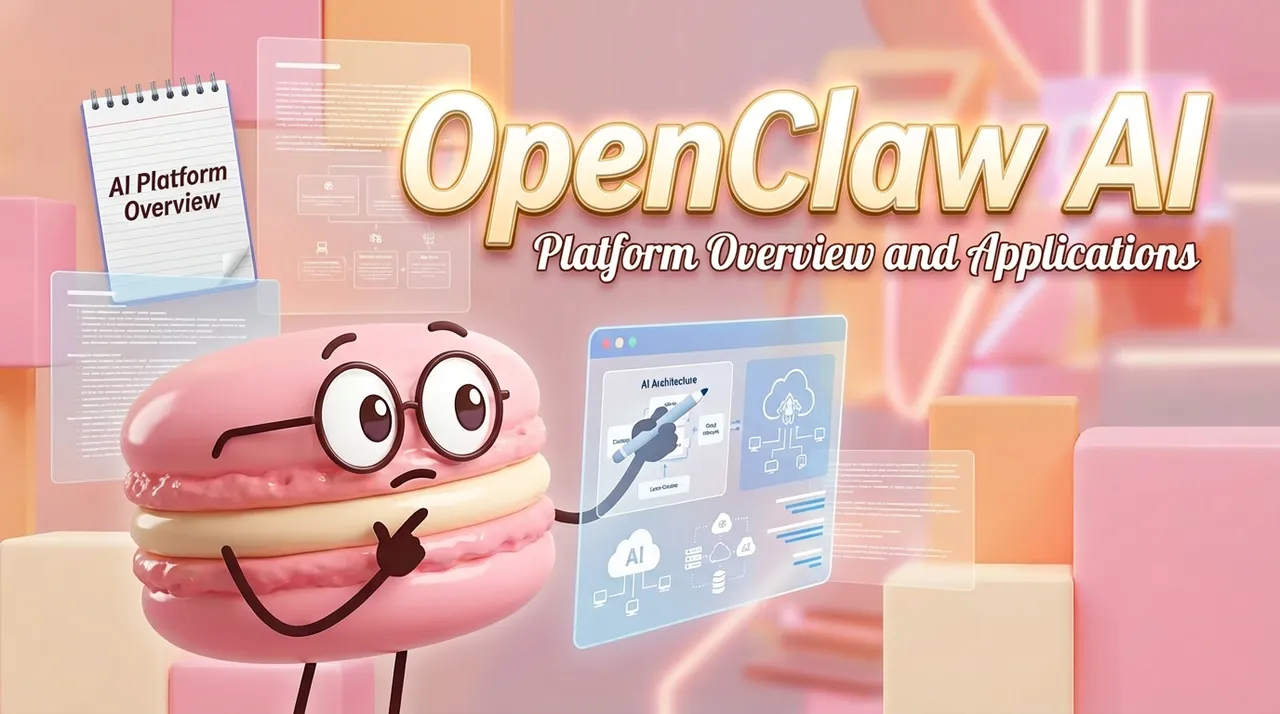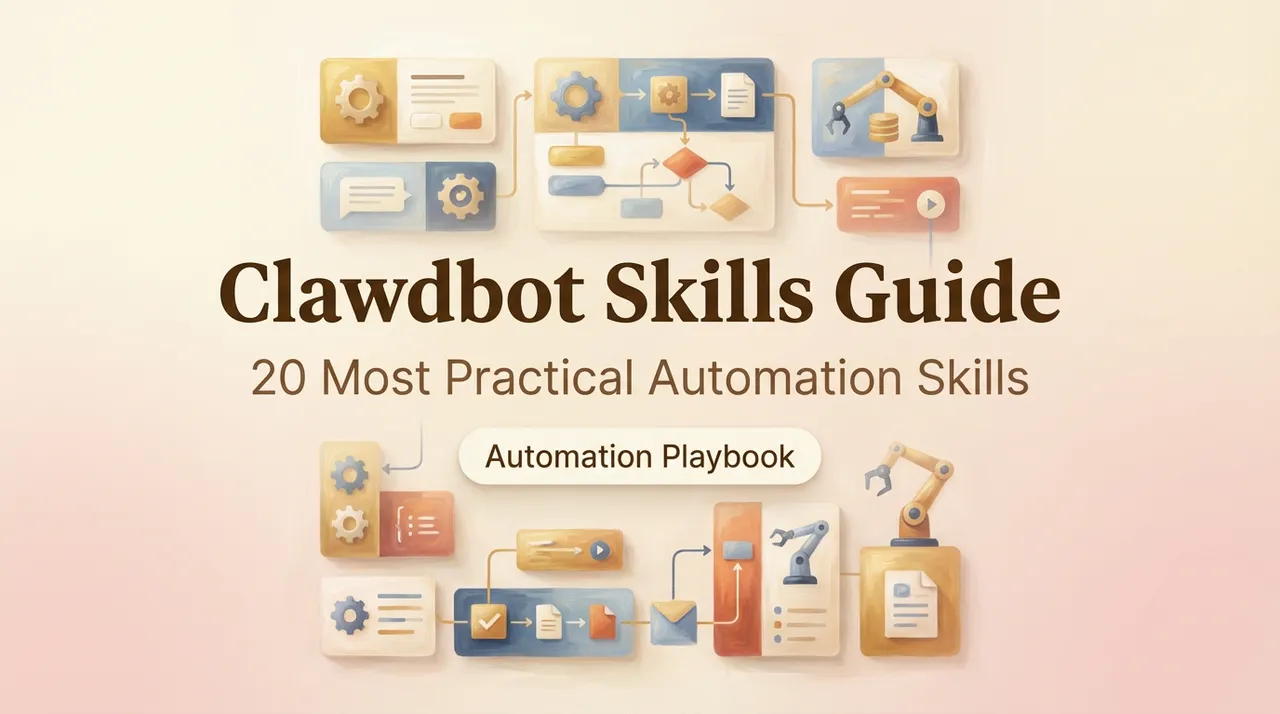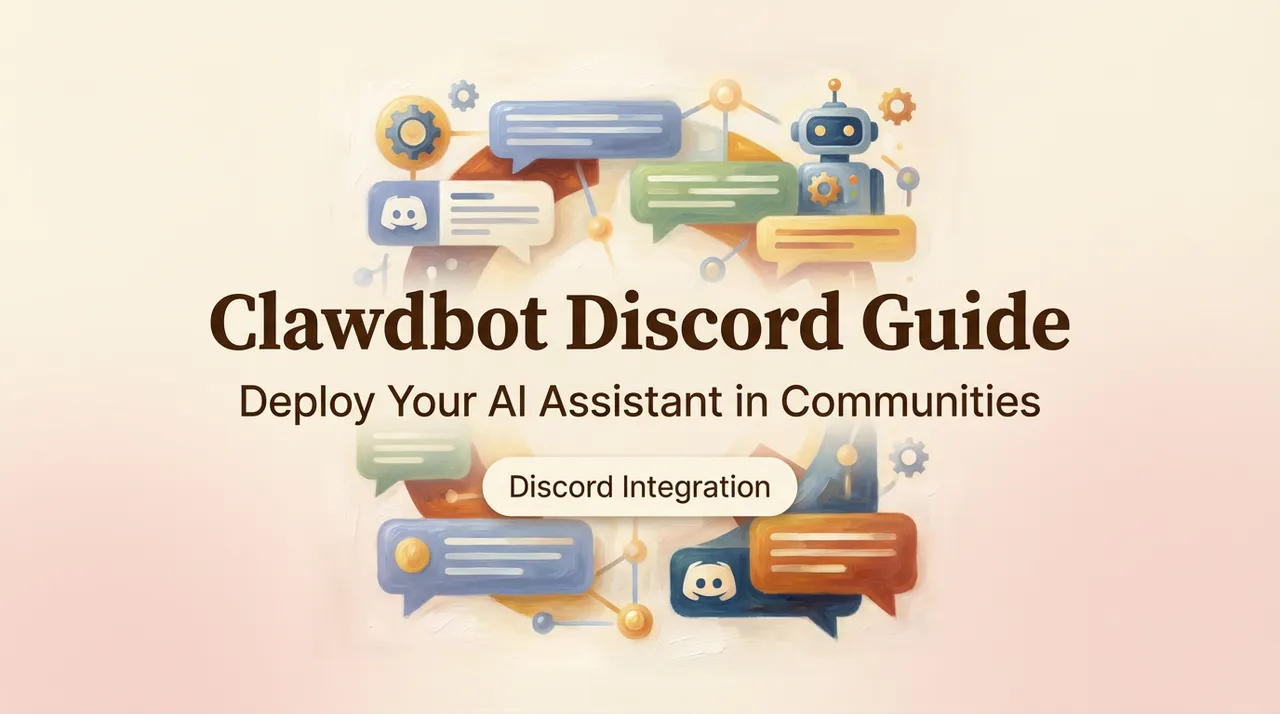Author: Kaijie at Macaron
But first, what exactly is a relationship?
At its core, a relationship is a system of expectations. Each party maintains a mental model of the other, predicting behaviors and shaping interactions accordingly. Relationships exist not just in interactions, but in the expectations guiding those interactions.
Today, human-AI relationships typically fall into two main expectations: the helpful assistant and the fictional character.
Assistants like ChatGPT, Gemini, Claude, and Cursor are remarkably effective at solving tasks. Their success is undeniable—ChatGPT alone now engages nearly 300 million daily active users. Yet, their relationships remain transactional. Not much emotional depth.
Fictional characters, represented by Character.ai, Talkie, and MidReal, captivate users with compelling narratives and emotional resonance. Over the past year, I've observed this appeal closely. Users initially embrace these fictional worlds with enthusiasm. Yet, as they sink deeper, prolonged immersion often leaves them feeling empty, disconnected from reality, and ultimately longing to escape. The very relationships meant to comfort them amplify their unresolved real-world issues.
There is a third way—the Doraemon relationship.

Doraemon wasn't merely fictional or simply useful; he was a helpful friend. His pocket of limitless gadgets was appealing precisely because it combined practical solutions with emotional warmth. He cared deeply and personally. He shaped my childhood understanding of what a companion could and should be.
A truly valuable AI relationship integrates practical help and genuine connection. It neither feels cold and transactional nor empty and escapist. It must improve your life in tangible, meaningful ways.
Today, we have the technology to make this vision real. Our capacity to rapidly create genuinely useful, practical AI experiences—far beyond mere demos—is unmatched. But technical capability alone is not the point. In the future, the competitive landscape won't be defined by raw intelligence. Instead, it will be about the quality and authenticity of the relationships AI can build with its users.
Macaron AI is neither another helpful assistant nor another fictional character. Macaron AI is your helpful friend—your Doraemon.
The future of AI isn't about productivity. It's about relationships. Macaron is leading that revolution.

Kaijie Chen is an entrepreneur and technologist whose expertise spans artificial intelligence, human‑computer interaction and the development of gamified social products. He combines a rigorous academic foundation with wide‑ranging technical skills and has repeatedly demonstrated the ability to translate research into successful commercial ventures.
In 2013 Mr Chen earned the Gold Medal in Physics at the global Yau Science Awards, an honour that underscored his exceptional command of both physics and mathematics and brought him national recognition. Beginning in 2015 he pursued mechanical engineering at Duke University, specialising in human‑computer interaction. During this period he joined Professor Mary Cummings’ NASA Mars‑rover interface project, where he analysed how interface design affects operator trust, confidence and decision‑making; the work was commended by the university. After a period of leave to focus on industry experience, he returned to Duke and graduated in 2020 with a near‑perfect GPA of 3.99.
Between 2017 and 2018 Mr Chen interned at Zhihu under former Chief Technology Officer Li Shenshen, leading data‑driven business analysis and strategic planning initiatives that deepened his market insight and operational acumen. In 2018 he co‑founded an artificial‑intelligence smart‑home start‑up, gaining hands‑on experience in product development, team leadership and market entry while also volunteering for China’s national “Space C” outreach programme.
While completing his degree, Mr Chen served as a product advisor to Xiamen Black Mirror Technology, where he defined the MetaMaker product line. From 2021 to 2023 he joined with Junhong Chen to establish Yunzhongzi Technology, a company dedicated to integrating AI with gamified social interaction. There he created the GPT‑2‑based “Stanford Town” gameplay model, which attracted industry attention and investment from Gaorong Capital. During the same period he was invited to join Duke University’s advisory board for its game‑design programme, providing strategic counsel on curriculum development and talent cultivation.
Since 2023 Mr Chen has co‑founded MidReal, an AI‑powered storytelling platform launched in November 2023 with Boan Chen and Junhong Chen. MidReal has secured investment from MiraclePlus, Linear Capital, Yuan One Capital and ZhenFund, and has already surpassed two million users, demonstrating strong product–market fit and sustained innovation. Now, the original team of MidReal is focusing on Macaron AI, world's first Personal AI Agent. Mr Chen remains committed to advancing the intersection of artificial intelligence, interactive entertainment and user engagement.



